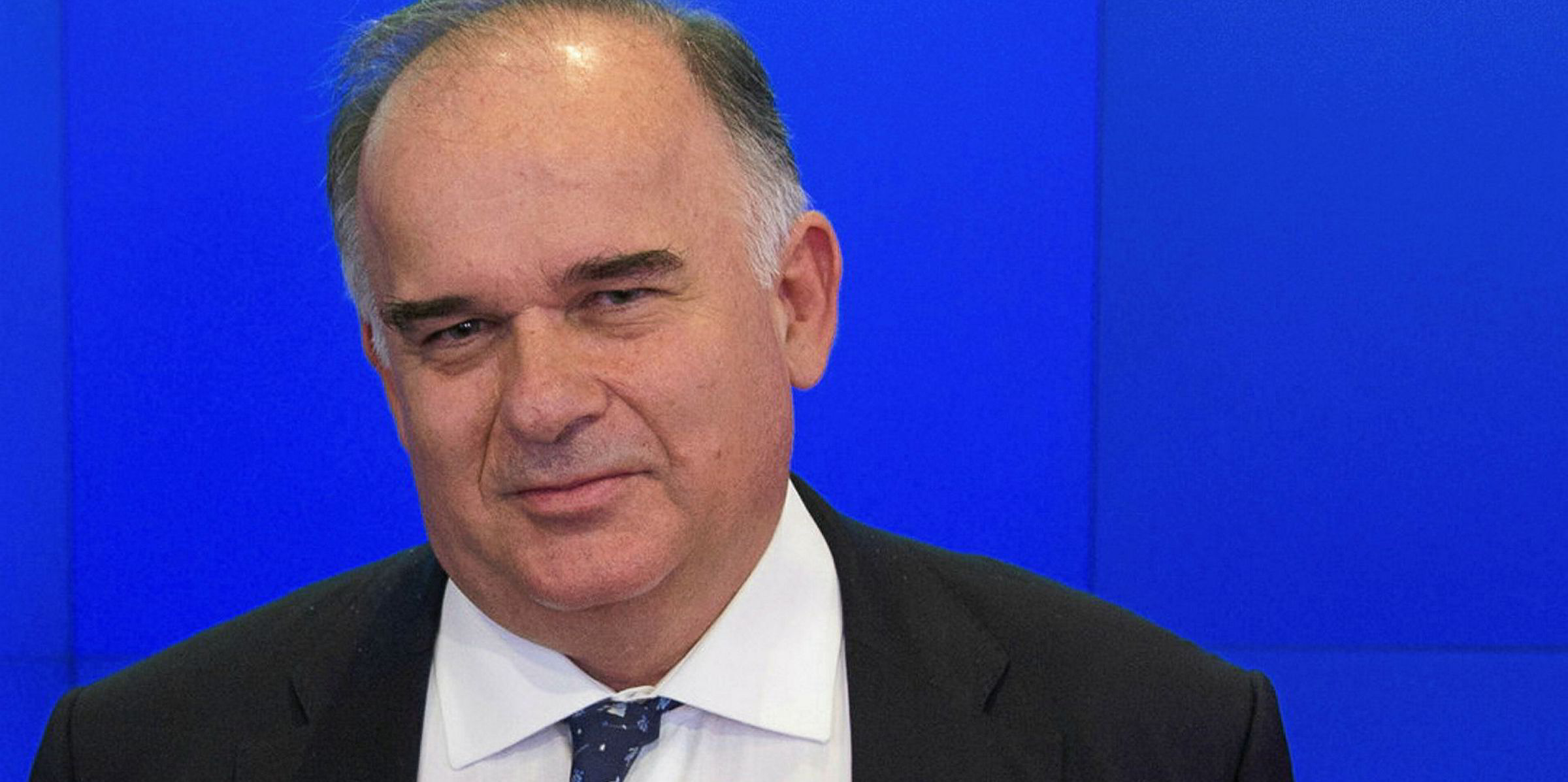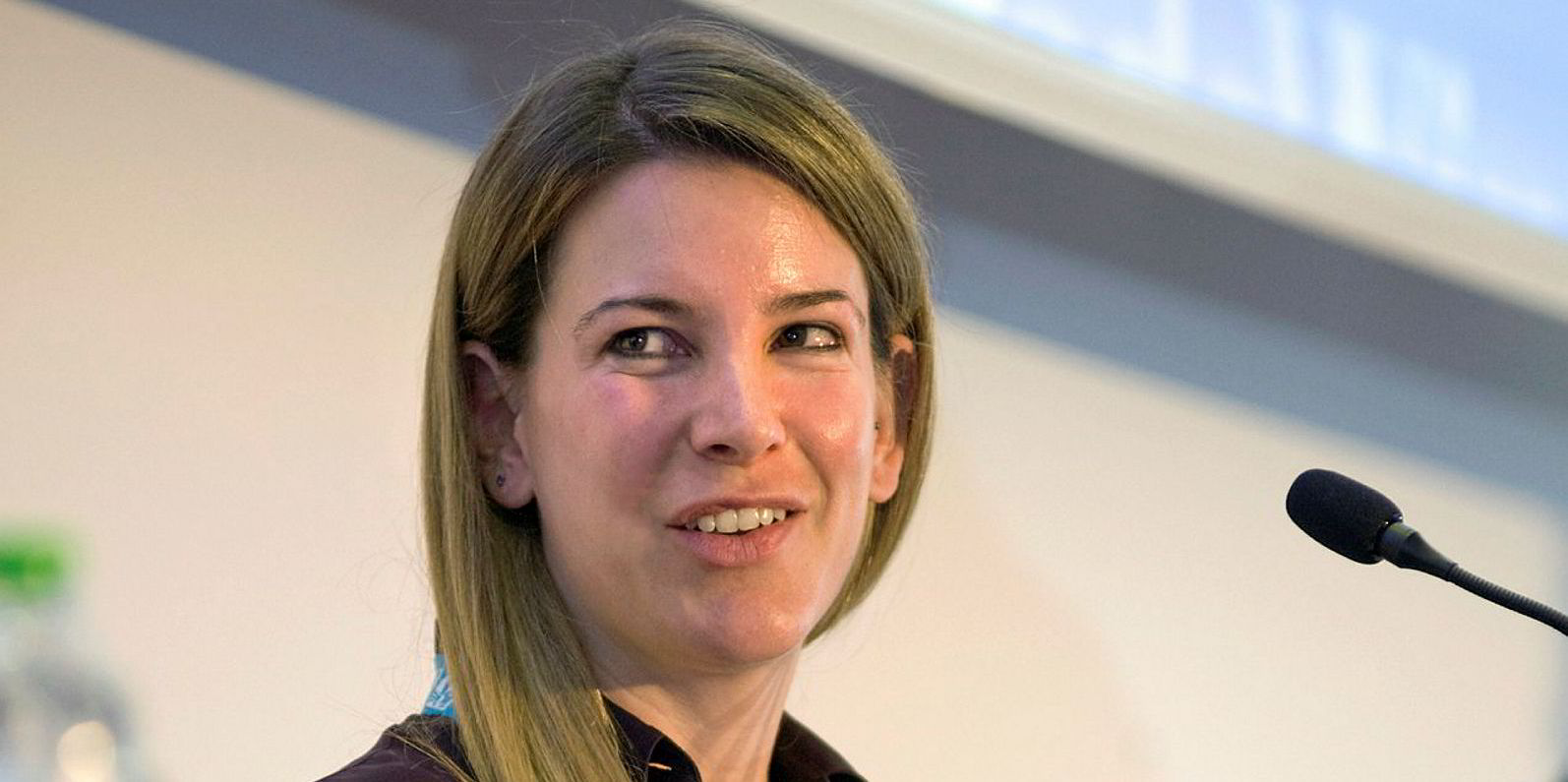Star Bulk saw third quarter earnings shoot up $26m on improved charter rates, but still fell short of analyst expectations.
Chief executive Petros Papas said the results are the fourth consecutive profitable quarter for the New York-traded Greek bulker owner, stretching back to the third quarter of 2017, when they lost $7.4m.
The average daily time charter equivalent for this past quarter was $14,521, up from $9,621 for the same period last year.
It was"a result of synergies from managing a larger fleet," Papas said.
Earnings per share came in at $0.30, seven cents less than what analysts had predicted.
But the company reiterated that it had cleared debt from its 2016 finance restructuring and refinanced existing loans, paving the way for Star to issue its dividends in January — its first since 2012.
Deutsche Bank analyst Amit Mehrotra said adjusted EBITDA of $80.1m was between its $82.8m estimate and consensus of $78m.
"While fourth quarter bookings are down a touch sequentially, it is important to note that Star Bulk has only booked 59% of capesize/Newcastlemax days which are typically the highest earning vessels in the fleet," he added.
"Despite the recent weakness in the larger asset classes, we see opportunity for these vessels to out-earn the midsized fleet for the remainder of the year as iron ore volumes come back on line and high iron ore/steel prices promote increased activity."
Mehrotra said he would expect a "muted to slightly positive reaction" for the stock as the solid third quarter results should be enough to push shares higher following the recent weakness.
"The recent weakness notwithstanding, we remain constructive on dry bulk markets with the current order book hovering around record low levels and view recent spot market headwinds to be transitory. Star Bulk remains our preferred way to invest in drybulk shipping markets," he added.




